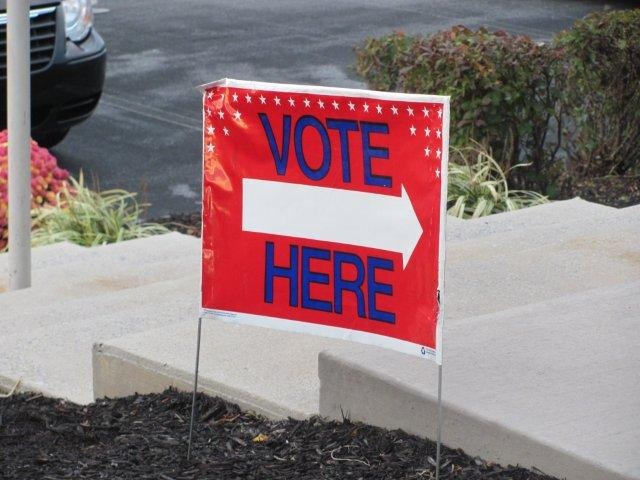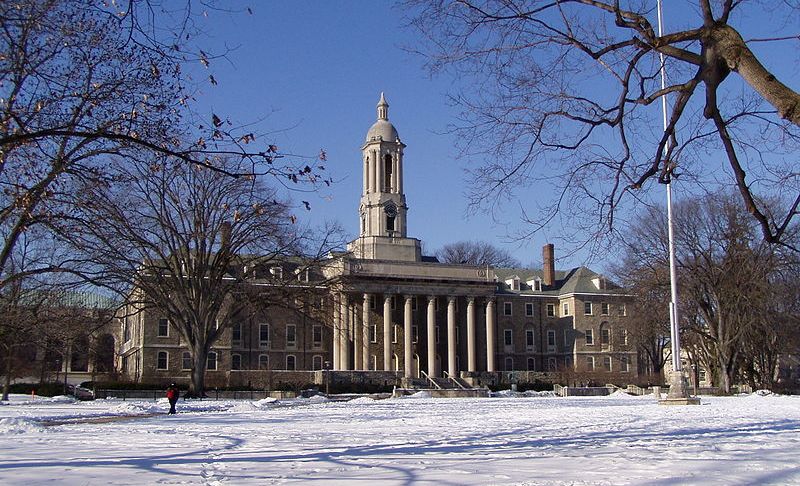Online Voter Registration Bill Clears Committee
Pennsylvanians would be able to register to vote online under a bill that has earned unanimous support in the Senate State Government Committee. The modernization effort would increase access to voter registration, which ACLU of PA legislative director Andy Hoover says would lead to increased access to voting. “That’s what voting rights are all about,” Hoover says. “It’s making things easier for people rather than putting up barriers.”
In addition to allowing more convenient and timely access to the voter registration process, supporters say online registration would significantly reduce taxpayer costs. “When Arizona went to this system, it was costing them about 83-cents to process a voter registration, now it costs them about three cents,” explains Barry Kauffman, executive director of Common Cause PA.
Arizona was the first state to allow for online voter registrations, but at least 13-states offer it today and Pennsylvania is one of many states considering it for the future.
Kauffman and Hoover each say that online registrations would also lead to reduced data entry errors when paper voter registration forms are processed.
Traditional voter registration would still be available, but SB 37 would add the option of online registrations. Up next for the bill is the Senate floor.











